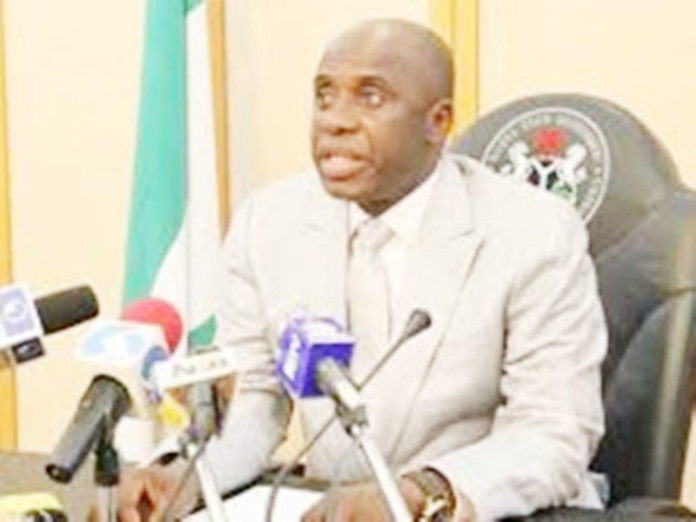Nigeria had last month concessioned the Nigerian Railway Corporation to General Electric. It means FG will have no hand in managing the railway. In fact there is no provision for railway in 2018 budget.
This is a very good news. GE will repair the railway and put it back on track.In the interim phase of the rail concession, Remedial Works will be carried out on part of the narrow-gauge rail line system to make it technically and economically operable. Additionally, a joint operation will be established between the Consortium and the Nigeria Railway Corporation (NRC) with an initial supply of 10 locomotives and 200 wagons to augment the existing rolling stock in Nigeria.
There is no better news than the decision of Nigerian government to finally remove its stranglehold on the railways. It is one of the last state behemoth the government refused to let go.
Meanwhile, Nigerian railway is a sore point where government’s inefficiency and corruption is at full display. If privatized, the railway will roar back to life and provide the much needed service of reliability and safety to the Nigerian public.
Modern rail experience will elude Nigerians as long as railway remains in the hands of government.
The British Colonial government built the railway in 1898. It was intended to transport goods from hinterland to the coast for the sole benefit of colonial masters. But it benefitted Nigeria nonetheless. Lagos -Kano line was built in 1912 and started operation as Government Department of Railways.
The railway act 1955 gave government the right as the only one to operate railway services.
The British Colonial government built the railway in 1898. It was intended to transport goods from hinterland to the coast for the sole benefit of colonial masters. But it benefitted Nigeria nonetheless. Lagos -Kano line was built in 1912 and started operation as Government Department of Railways.
The railway act 1955 gave government the right as the only one to operate railway services.
After independence it was named Nigerian Railway Corporation which began its decline from 1964 until it declared bankruptcy in 1988 and discontinued operations. It was restarted again after six months and by 2002 went into another bankruptcy.
By 2012 NRC resumed operation and remains active today with poor and epileptic services. Nigerian railway is not a profitable venture while majority of Nigerians consider it a dead organization.
Under the railway act1993,the government of John Major finally transferred the British rail to private hands. The government initially privatised the trains operations only but later also sold off the track system and collects royalties only. The benefits are improved services,lower fares,more investment and income to government.
No doubt if the railway act is repealed and trains and tracks systems privatised Nigeria will reap immense benefits in term of revenue. Government will no longer need to budget money for the railway that will be stolen by politicians and bureaucrats. Past governments of Abacha, Obasanjo,Yaradua and Jonathan all used the railway to steal billions of dollars. There is also the benefit of investments into the railways and employment opportunities that go with it. The railway contributed nothing to GDP. This will change with privatization. There will also be improved services to customers. Because of its derelict and inefficient nature,majority of young Nigerians are wholly without railway experience in their entire lives.
Under the railway act1993,the government of John Major finally transferred the British rail to private hands. The government initially privatised the trains operations only but later also sold off the track system and collects royalties only. The benefits are improved services,lower fares,more investment and income to government.
No doubt if the railway act is repealed and trains and tracks systems privatised Nigeria will reap immense benefits in term of revenue. Government will no longer need to budget money for the railway that will be stolen by politicians and bureaucrats. Past governments of Abacha, Obasanjo,Yaradua and Jonathan all used the railway to steal billions of dollars. There is also the benefit of investments into the railways and employment opportunities that go with it. The railway contributed nothing to GDP. This will change with privatization. There will also be improved services to customers. Because of its derelict and inefficient nature,majority of young Nigerians are wholly without railway experience in their entire lives.
- Advertisement -
- Advertisement -













